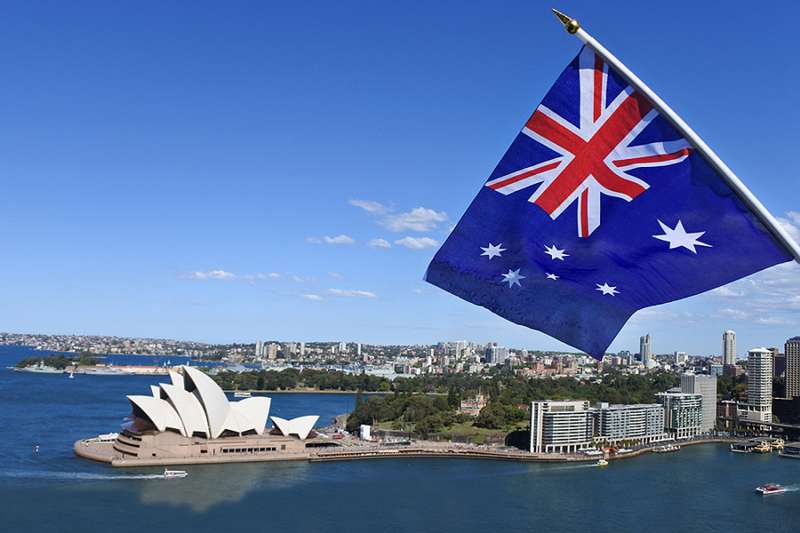Police in Papua New Guinea are moving sick refugees and migrants out of the capital city in preparation for a major economic conference, drawing ongoing criticism from the country’s Catholic leaders.
The refugees and migrants are being sent back to Manus Island off the northern coast of the country, where asylum seekers trying to reach Australia are being housed in poor conditions.
The Australian government has sent hundreds of asylum seekers to the island for processing since 2012, and around 70 men had been taken to Port Moresby, the capital, for medical treatment.
As many as 10 of the men being moved had not finished their treatment, but were told they would return in a month to complete it, Guardian Australia reported. One man reportedly attempted suicide after he was told he would be sent back to Manus Island without treatment.
Authorities are justifying the move by saying that the city’s hospital is needed for Asia-Pacific Economic Cooperation conference delegates and conference employees who may need medical treatment. APEC is scheduled to begin meetings in Port Moresby Nov. 12.
The Papua New Guinea Bishop’s Conference recently called for all the refugees and asylum seekers to be brought to Australia by Dec. 25, saying that their country cannot continue to provide adequate care.
“We are deeply concerned that the human rights of the refugees and asylum seekers have been breached as they were forcibly sent to [Papua New Guinea]; and Australia's policies has caused us reputational damage,” a panel convened by the bishops wrote Nov. 1.
“We, the participants are speaking on behalf of the women and children on Manus who are the victims of Australia's policies. The men have suffered enough from prolonged detention. Enough is enough. The time has come to let them go.”
About 650 migrant and refugee men are currently living on Manus Island, according to The Guardian. Conditions are bad, according to Behrouz Boochani, a Kurdish Iranian journalist, who said the men are suffering widely from mental and physical illness. The conditions at the camps have been condemned by Church leaders and human rights groups.
Australia has had a system of “third country processing” since 2012 for asylum seekers who come to Australia by boat without a valid visa. The system transfers the asylum seekers to other countries, where they are processed based on that country’s laws.
Many of those seeking asylum in Australia come from Afghanistan, Sri Lanka, Iraq, and Iran, travelling by boat from Indonesia. They are typically intercepted by the Australian navy before reaching land, and are then sent to detention camps in Papua New Guinea and Nauru, a small Micronesian nation.
The government of Australia made an agreement with the government of Papua New Guinea in 2013, providing that migrants sent to Papua New Guinea from Australia would be settled there if they are found to be refugees. Otherwise they would be sent back to their country of origin or another country where they have legal residence.
Papua New Guinea is facing a medication shortage, an outbreak of polio, increased rates of tuberculosis, and funding crises in health and education, according to The Guardian.

